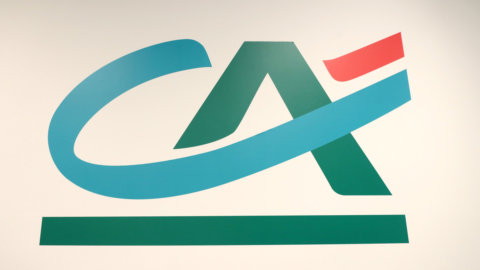Country you go, right you find. If in Italy the Meloni government - with the budget maneuver 2023 – think about discouraging the use of electronic payments (albeit with a half-reverse from the Prime Minister), right-wing governments have not been characterized by this type of choice everywhere. An example of this is the Brazil, one of the countries in the world where cash is used least and still governed by outgoing president Jair Bolsonaro.
Electronic payments: boom in Brazil. What is Pix
Just under the presidency of the sovereign friend of Matteo Salvini, in fact, Brazil was one of the countries to introduce the so-called Pix, i.e. instant electronic payment, without commissions and without spending limit, neither minimum nor maximum. Literally, the Pix can also be used for payments of 1 real cent (the equivalent of 20 thousandths of a euro): anything but a limit of 30 or 60 euro. In the world, where in any case there is still no single international system, so this novelty depends from country to country, they already use Pix or similar USA, UK, Japan, and a handful of European countries such as Czech Republic, Bulgaria, Iceland. THE'Italy instead it seems to want to go in the opposite direction.
Pix: instant payments at no cost
Yet the Pix is a nimble tool: to transfer money instantly ea no cost just communicate the mobile phone number associated with the account, or the email, or the tax code (or VAT number). Precisely for this reason it is already the preferred payment method by the youngest and in big cities, but not only: launched in 2020, in the middle of the Bolsonaro government (although the reform had been prepared by his predecessor Michel Temer, head of a caretaker transitional government), in just two years the Pix has surpassed Debit and credit cards, which are also widespread even for low amounts, establishing themselves as the method by far the most used in terms of number of transactions, and in constant growth.
Electronic payments in Brazil are growing rapidly
In October 2022, according to data from the Brazilian Central Bank, the monthly transactions exceeded 2,5 billion, while in the entire second quarter of this year, transactions were close to 5,5 billion, against almost 4 billion for credit cards and 3,7 billion for debit cards. Being used above all for expenses of small amounts, the Pix is not instead in first place in terms of total value of transactions, but in October it has already risen to second place, exceeding the one thousand billion reais transferred (about 200 billion euro), behind only the Ted, which is the prototype of the Pix, except that it provides for a maximum limit (4.999 reais, around 1.000 euros), is not instantaneous (it takes hours or days to complete the operation) and imposes commission costs (from the equivalent of 1 euro up to at 4 euros).
Brazil: difficult to use cash
Used above all for small daily operations, the Pix is therefore one traceable tool which allows not only to avoid tax evasion, but also to bring out a part of the "physiologically" underground economy, such as for example the itinerant trade: in Brazil also in the so to speak informal economy is very difficult to use cash, for cultural reasons and probably in many cases for the security of the traders themselves. This means that while in Italy merchants are allowed to refuse the Pos, in Brazil (under a government of the same political color) it is the use of cash that is strongly discouraged.
Today in Brazil even the Bancomat seems outdated: one out of three operations, again according to i official data of Banco central do Brasil, takes place through Pix, 75% of which are equally distributed in p2p or b2b transactions, therefore both in transfers between individuals and legal entities. There are 132 million Brazilians who have already used the Pix system at least once, either to pay or to receive money, and 70% of them are under the age of 40. It is in this direction that the world is going.





